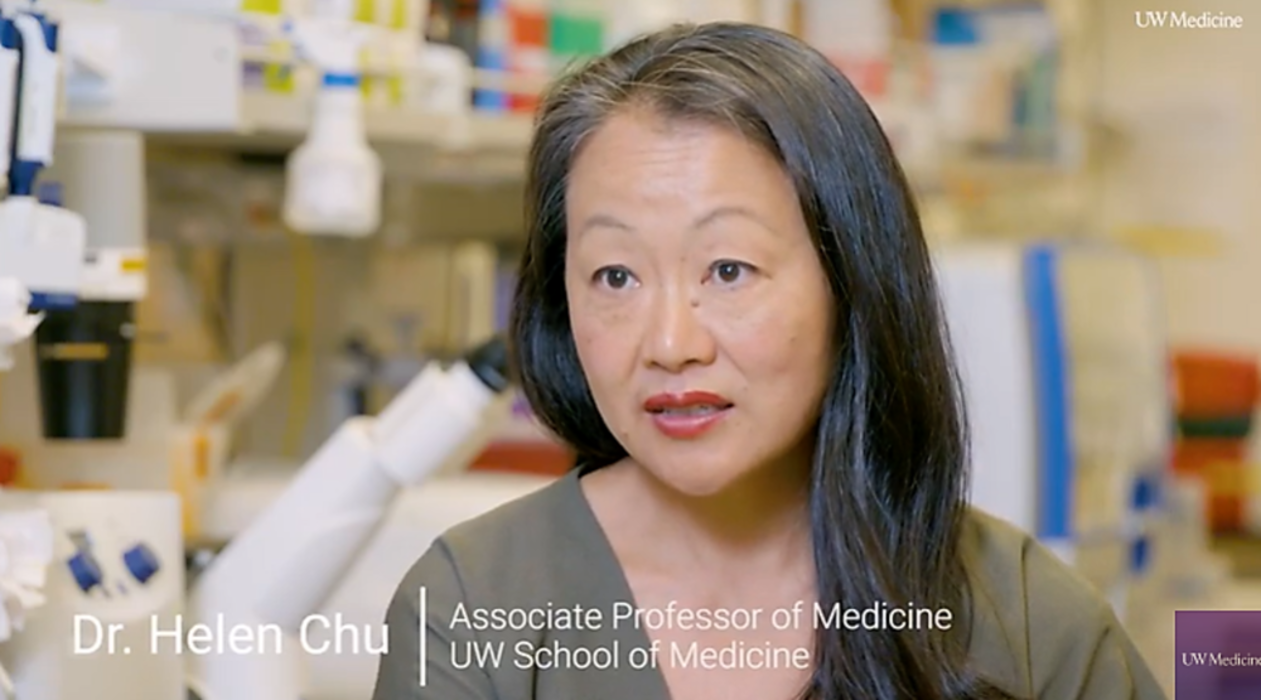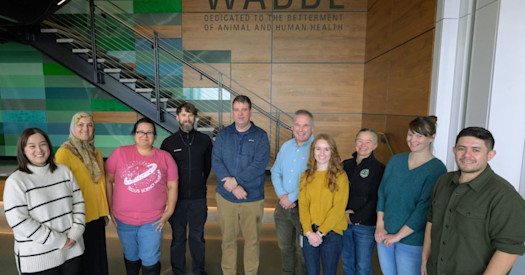 Dr. Helen Chu: "This information will be vital"
Dr. Helen Chu: "This information will be vital"
Pacific Northwest researchers will soon begin enrolling 3,500 children and adults to participate in a study to assess how well COVID-19 vaccines protect against infection in the community.
The CASCADIA study is being jointly led by the University of Washington School of Medicine in Seattle and the Kaiser Permanente Center for Health Research in Portland, Oregon. The study is funded by the U.S. Centers for Disease Control and Prevention.
While individuals ages 6 months to 49 years will be included in the study, the primary goal of the study is to assess how well COVID-19 vaccines protect children ages 5 to 18 years. Researchers will also evaluate infections among all participants, young and old, vaccinated and unvaccinated, to better understand the role that viral variants have in infection and the effect of risk factors, such as age, health status and sociodemographic characteristics. Testing will also be done for flu and other viruses.
“This information will be vital for understanding how well vaccines work in the community over time, how long immunity lasts, and when boosters will be needed,” said Dr. Helen Y. Chu, associate professor of medicine at the University of Washington School of Medicine. She will co-lead the study with Allison Naleway, associate director of the Kaiser Center's Science Programs.
In the study, vaccinated and unvaccinated participants will be followed for up to four years for SARS-CoV-2 infection, COVID-19-like illnesses and other respiratory infections such as influenza and respiratory syncytial virus.
During this time, they will be tested weekly for SARS-CoV-2 infection with at-home nasal swab kits. The children will be swabbed by their parents, and adults will self-administer the tests. In addition, participants will complete weekly symptom surveys either online or over the phone. Vaccinations will not be given through the study.
“There is no vaccine yet for kids under 5,” said BBI's Dr. Janet Englund, an infectious disease specialist at Seattle Children’s and UW professor of pediatrics. “Families who enroll in this study will get free testing with immediate results on a weekly basis,” added Englund, who is a co-investigator for the study and leading the research at Seattle Children’s.
Blood samples to test for SARS-CoV-2 antibodies will be collected at the beginning of the study, annually, and after vaccination and infection. These samples will not only confirm whether an illness is due to SARS-CoV-2 but also help researchers understand how the immune system responds to vaccination, infection and reinfection.
Researchers will sequence the genome of viruses they isolate to see whether there are genetic differences between the variants that cause infections in unvaccinated participants, breakthrough infections in the vaccinated, and reinfections in the previously infected.
“The COVID-19 vaccines that have been approved in the United States have already shown high levels of safety and effectiveness in both children and adults,” said Kaiser's Naleway. “However, we know that we need to continue studying vaccine effectiveness on an on-going basis.”
Learn more about this study by watching this video.


